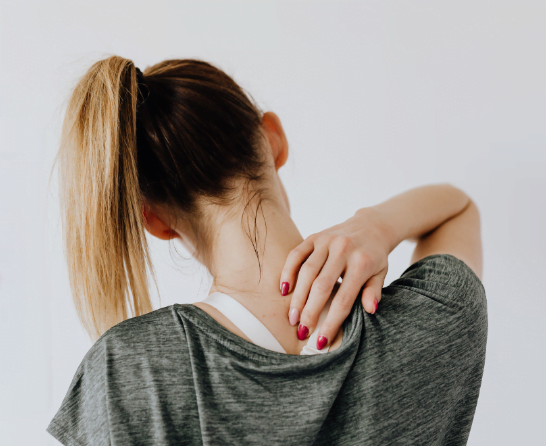Published 16 September 2024
-
Written by Claire Millins

Reviewed by Anna Chacon
Fact checking standards
Key takeaways
Inflammation and chronic inflammation is a problem that affects millions of people, and can affect the body in countless ways. In many cases, it is caused by certain foods. And yes, you’ve guessed it, they are the usual culprits; red meat, processed meat, organ meat, refined grains, and sugar. But did you know, that you can help reduce inflammation simply by making small changes to your diet?
What changes should I make to my diet?
The best place to start is by reducing your intake of processed foods such as refined grains, sugary foods, and alcoholic beverages, which will help reduce inflammation.
It’s important to try and eat a healthy, high-fiber diet packed with plenty of Omega-3 fats. Omega-3 can help regulate inflammation and pain and can be found in fish, nuts, soy and most dairy products. If you’re vegan, the best plant-based sources of Omega-3 are; chia seeds, hemp seeds, flaxseed, walnuts, Brussels sprouts, algal oil, and perilla oil.
Make sure you eat plenty of dark, leafy greens. These are high in anti-oxidants, which are not only essential for maintaining health, but also help repair damage in cells.
Keeping hydrated is also vital in the fight against inflammation. So it’s important to drink the recommended amount of water throughout the day.
Will this help my menstrual cramps?
Hands up if you suffer with cramping during your period? You are not alone. Most women do.
Nine times out of ten, the cause is inflammation, specifically those annoying inflammatory prostaglandins hormones. These hormones increase blood flow to the uterus and promote painful contractions.
Changing your diet will help control your hormone levels, which in turn will reduce your chances of experiencing pain during your period. And as abonus, it can also help improve your mood.
So, during the luteal phase of your cycle, your focus should be on trying to eat healthier using the tips above. Avoiding foods that trigger inflammation and increasing your intake of anti-inflammatory foods will help relax your uterus and reduce period pain.
What else can I do?
If you have a busy lifestyle, you should try and exercise regularly, even if it’s just a daily walk around the block. Exercise will help you stay healthy and reduce inflammation. However, always get expert advice before starting any exercise regime.
Try and reduce your stress levels. Yes, this is easier said than done sometimes, but stress can also increase inflammation.
It’s also important to get a good night’s sleep. A good night’s sleep of 7-8 hours gives your body a chance to rest, restore, repair, and regenerate. This is because during sleep, your body’s proverbial ”batteries” are recharged, the days’ activities and learnings are processed and it also attends to all of the metabolic functions required by the body, such as regenerating old cells, getting rid of wastes and repairing cell damage.
Disclaimer: This website does not provide medical advice
The information, including but not limited to, text, graphics, images and other material contained on this website are for informational purposes only. No material on this site is intended to be a substitute for professional medical advice, diagnosis or treatment. Always seek the advice of your physician or other qualified health care provider with any questions you may have regarding a medical condition or treatment and before undertaking a new health care regimen, and never disregard professional medical advice or delay in seeking it because of something you have read on this website.
Disclaimer: This website does not provide medical advice. The information, including but not limited to, text, graphics, images, and other material contained on this website is for informational purposes only. No material on this site is intended to be a substitute for professional medical advice, diagnosis, or treatment. Always seek the advice of your physician or other qualified healthcare provider with any questions you may have regarding a medical condition or treatment and before undertaking a new healthcare regimen, and never disregard professional medical advice or delay in seeking it because of something you have read on this website.
Written by
Claire Millins
Reviewed by

Anna Chacon
Reviewed by

Dr Singh is the Medical Director of the Indiana Sleep Center. His research and clinical practice focuses on the myriad of sleep.





